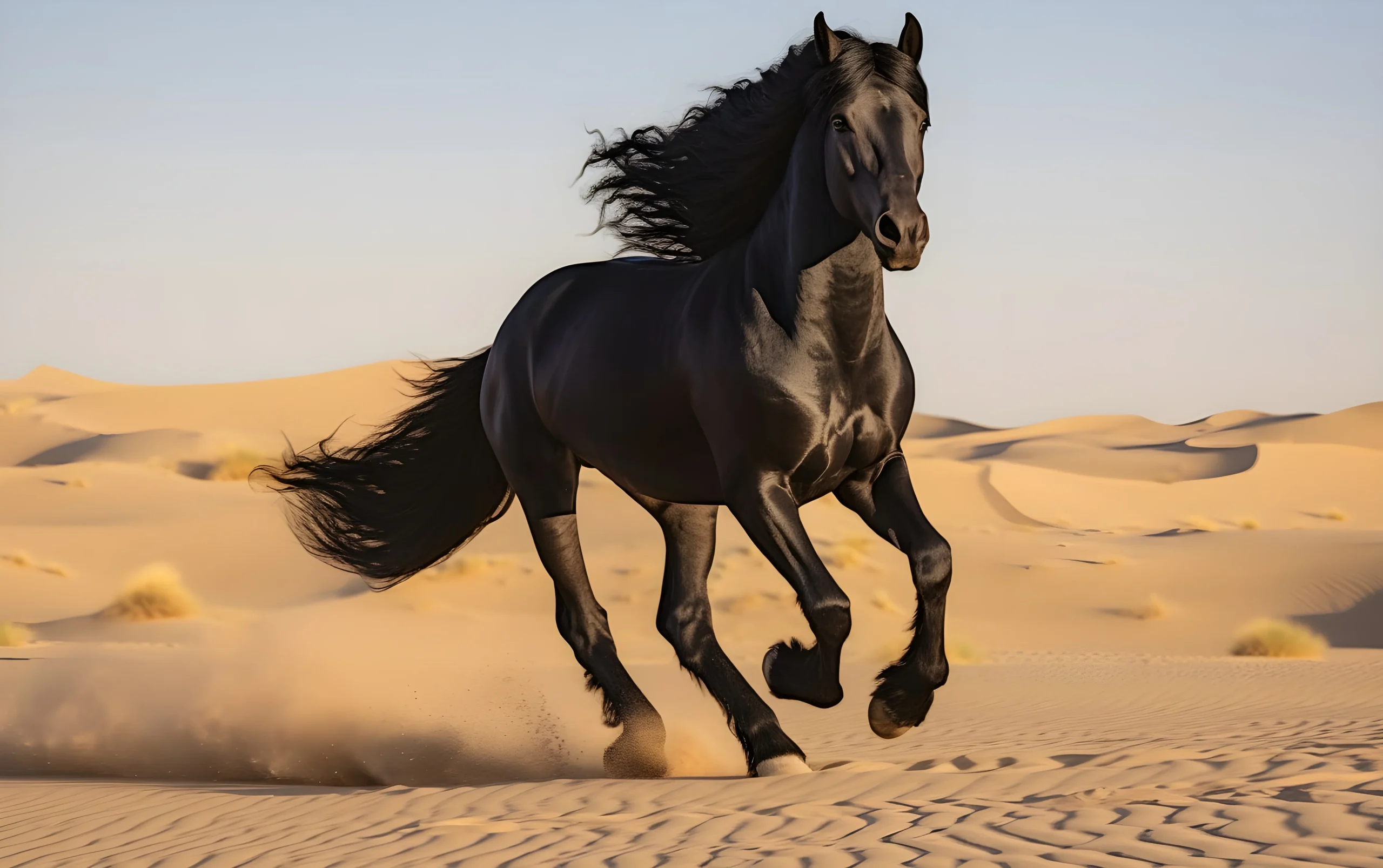
When you bring a horse into your life, you’re gaining a long-term equine companion. However, before you saddle up, you might have one question racing through your mind: How long do horses live? You have to know your horse’s lifespan. It is an important aspect for anyone considering horse ownership. On average, domesticated horses tend to live up to 25 to 30 years with proper care. Horses aren’t just beautiful and majestic; they also require years of love, care, and attention. At EcoPetEssentials, we are going to explore the average life expectancy of a horse, what affects it, and how you can help your horse live a long, healthy life.
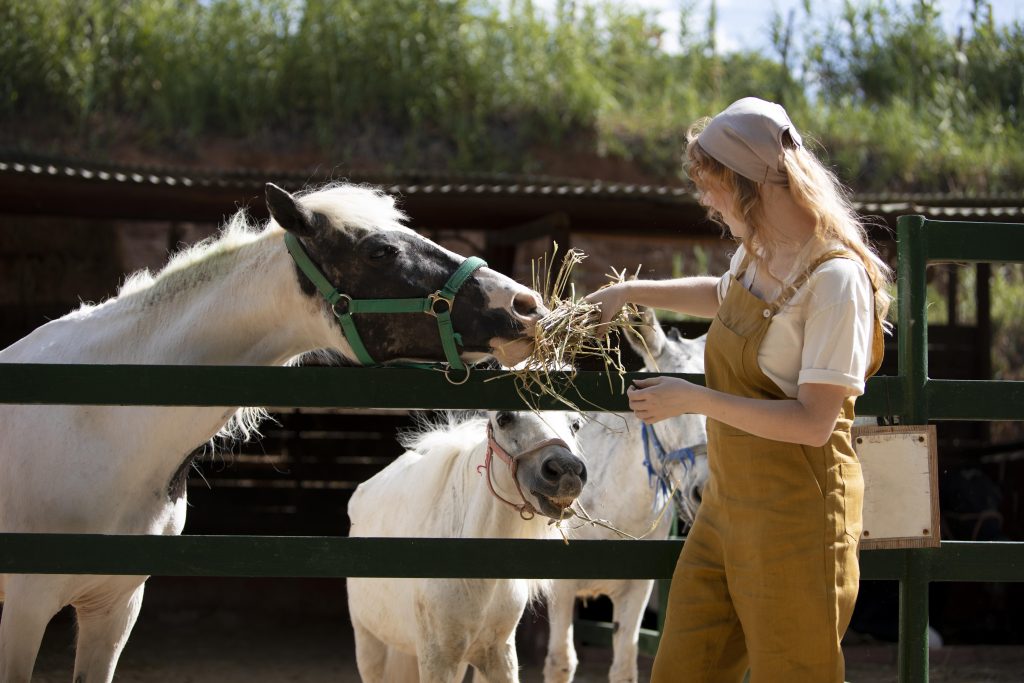
We know that the average age for a domesticated horse is around 25–30 years. This is all thanks to better food, medical care, and living conditions. However, some horses live into their 40s! Do you want to hear something wild? The oldest known horse, Old Billy, lived to the incredible age of 62 years! That’s more than twice the average life expectancy of a horse. However, you can’t expect every horse to reach that milestone. Your horse will age like regular athletes: strong in their prime, but needing support in later years.
There isn’t one simple answer to how long a horse lives. Your horse’s lifespan depends on several factors, and they all play a role in determining how many years horses live. Here are a few of them:
In contrast, wild horses like mustangs often live only about 15 years. Therefore, without human support, illnesses and injuries become much harder to survive.
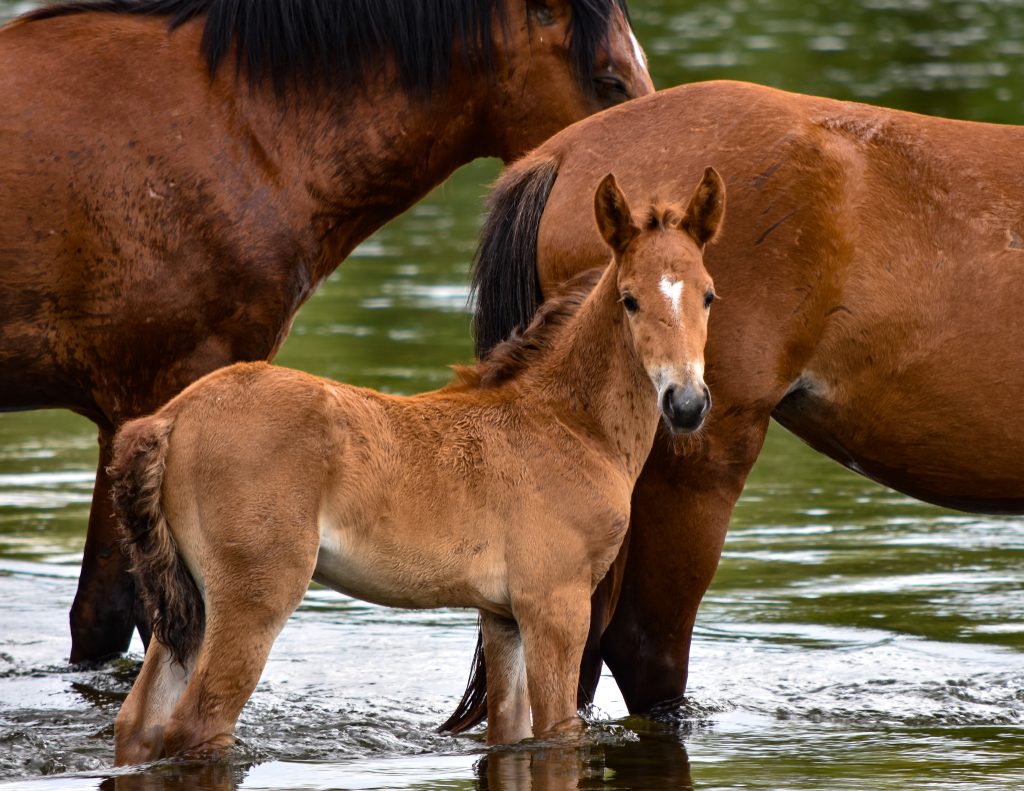
Just like humans, horses grow through several life stages. Each stage brings new needs and responsibilities.
A foal is born and depends completely on its mother for milk. The mother’s health during pregnancy also affects the foal’s health.
At this stage, the foal starts eating solid food and learning to socialize. You have to give your horse proper nutrition at this stage, as it is important for healthy growth.
Horses grow fast during this time. They begin basic training and may be introduced to riding or light work by age 3.
This is the horse’s prime! Most athletic horses compete during these years. Whether it’s dressage or trail riding, this is when your horse is at its strongest.
Now your horse starts to slow down. Older horses need more vet visits, specialized feed, and gentle exercise.
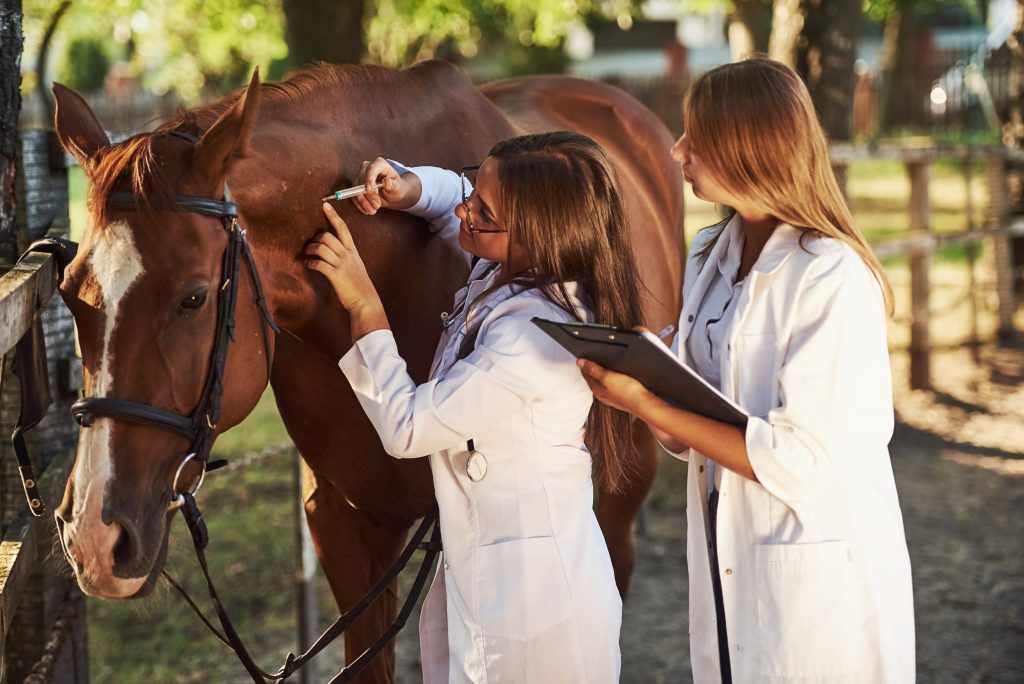
If you want your horse to live well into their 30s or 40s, you should know that consistent care is the key. Here’s what you can do:
As horses age, their teeth wear down. You have to give them a senior feed. It helps them chew and digest more easily than rough hay. Therefore, maintaining a good body condition helps avoid health problems.
Even older horses benefit from light exercise to keep muscles strong and joints flexible. You can always consult your vet before changing your horse’s activity level.
Older horses can’t regulate temperature well. In winter, you have to get them blanketing and cover them properly for the night, when the temperatures drop the most. In summer, you have to offer proper shade and cool water. And don’t forget salt blocks to keep them hydrated!
Older horses can struggle to chew without regular dental work. Therefore, it can lead to choking or weight loss. Your vet can help maintain tooth alignment and recommend soft diets if needed.
It is important that you don’t neglect your horse’s hooves! You have to give them regular trims to prevent pain and keep your horse moving comfortably. Therefore, even if your horse doesn’t compete anymore, they might still need shoes, especially if they have thin soles or arthritis.
You have to get your horse yearly checkups and deworming schedules. You have to be careful of conditions like Cushing’s disease and arthritis, as they are common in older horses. Early diagnosis makes management easier.
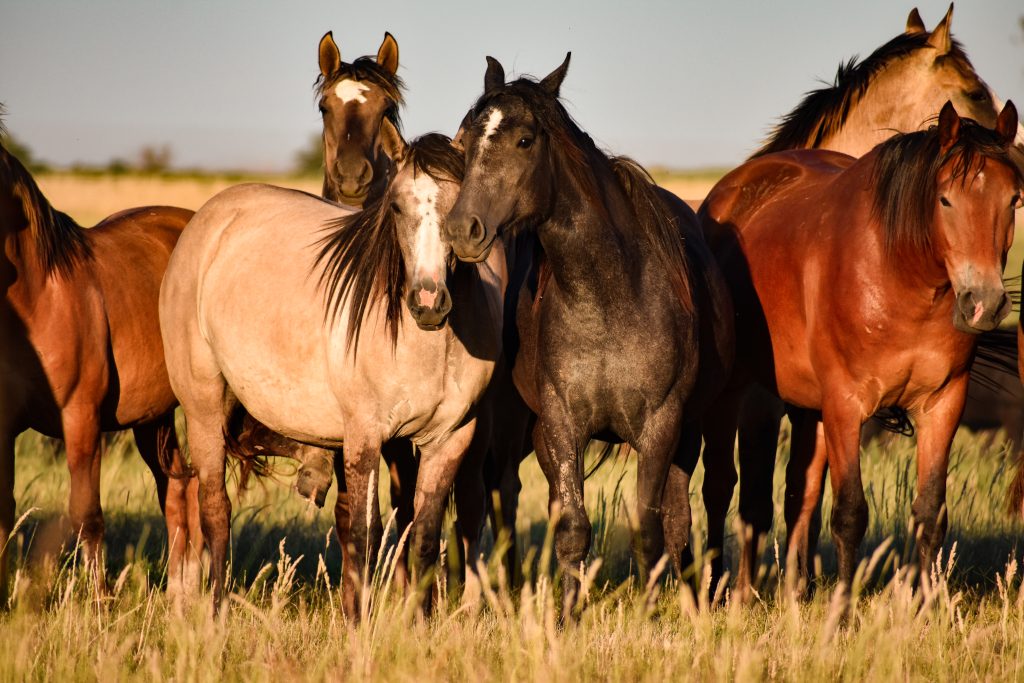
Yes, you can. If your horse doesn’t have any registration papers or microchips, then a vet can figure out the horse’s age by looking at their teeth.
Here’s how:
You can also spot age in other ways:
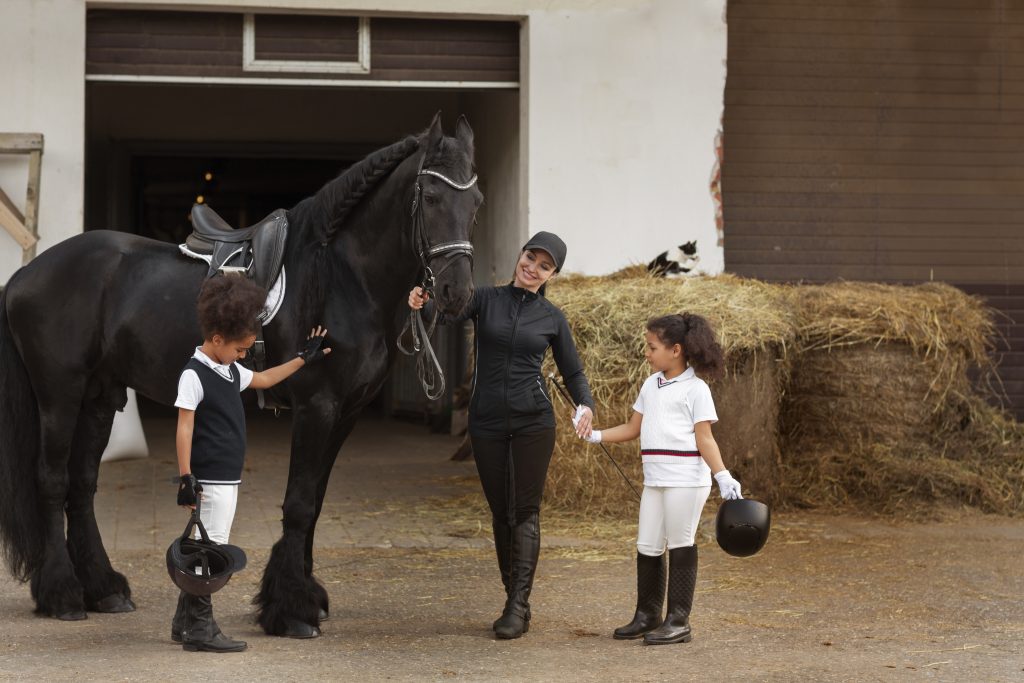
Horses get dehydrated just like us, especially in hotter weather during the summer season. They might also become dehydrated after a long and exhaustive run. Therefore, dehydration in horses can happen at any age and in any climate, especially during extreme weather, intense exercise, or illness. You have to look out for common signs, including fatigue, dry gums, reduced appetite, and colic. Horses may become dehydrated due to travel, stress, or conditions like anhidrosis. Vets use tests like the skin tent and capillary refill to assess hydration and may treat with electrolytes or IV fluids.
You can help prevent dehydration by providing clean water, monitoring intake, and using electrolytes during heat or stress. It is important that you adjust care in cold weather. Therefore, with proper attention and your care, most horses recover quickly and stay healthy through changing conditions and activity levels.
Are you wondering how long can a horse live? Then, let’s talk about Old Billy. Old Billy, a Shire-type barge horse from 18th-century England, lived to the amazing age of 62. He worked hard pulling boats along canals but still managed to outlive nearly every horse on record. His preserved head can still be seen at the Bedford Museum! Old Billy shows us what’s possible when strong genetics meet good care and a little luck.
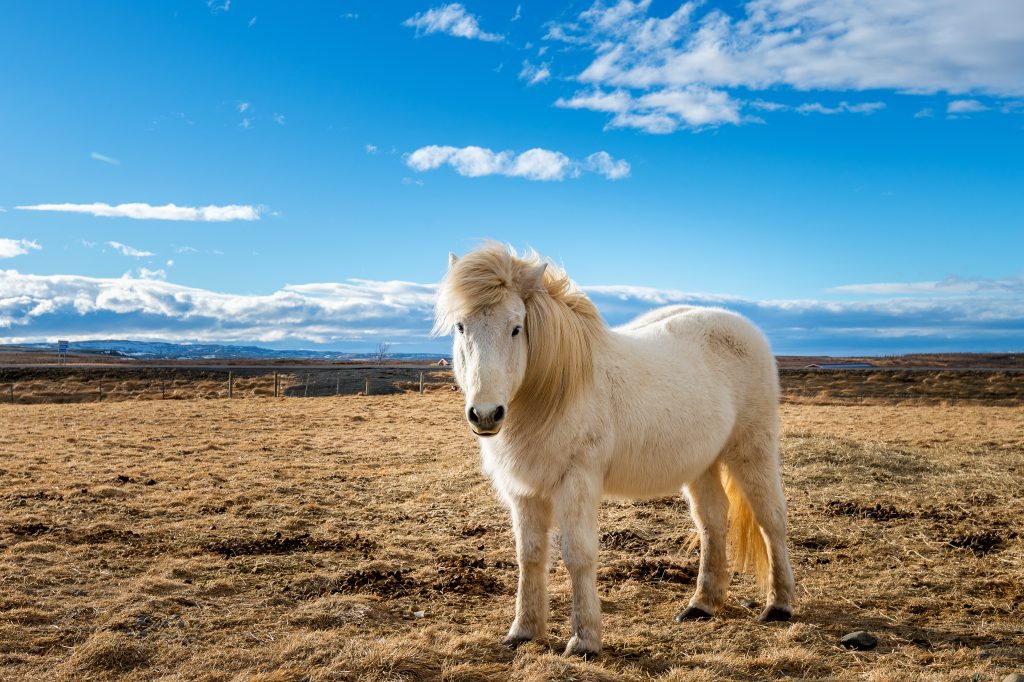
Horses are gentle giants that are amazing companions, full of grace, strength, and loyalty. It doesn’t matter if your horse is a playful foal or a wise senior; you have to offer high-quality care for your loyal steed. It can make all the difference in their lifespan. While genetics plays a role, it’s your dedication to their diet, environment, hydration, and medical needs that truly supports their health. Horses give us their strength, loyalty, and heart. Therefore, it’s only right that we give them the best care in return. At EcoPetEssentials, we’re here to help you support your equine companion through every life stage. With our tips and reviewed products, they can live their longest, happiest, and healthiest life by your side.

Isla Bennett loves Misty, her two-year-old British Shorthair. And she wants to help other pet parents make sustainable choices that are good for their pets and the planet. She writes about easy ways to care for animals using green products. Isla believes that happy pets and a healthy earth go hand in hand. Her goal is to make pet care simple, fun, and eco-friendly. She also gives you insights about different pet Breeds and traits!